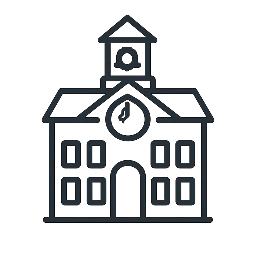A Town Board of Adjustment is a local government body that acts a bit like a “safety valve” for zoning laws. Its main job is to hear requests from property owners who want relief from strict zoning rules or who are challenging zoning-related decisions.
Here’s a clear breakdown of what they do:
1. Hear Appeals
- If someone feels that a zoning administrator or building official has misapplied the zoning code, they can appeal to the board.
- The board reviews the decision and can uphold, overturn, or modify it.
2. Grant Variances
- Variances allow property owners to do something not normally permitted by the zoning rules (for example, building closer to the property line than regulations allow).
- To grant a variance, the board usually looks for “hardship” or unique conditions (like unusual lot shape, slope, or size) that make strict compliance unfair or unreasonable.
3. Special Exceptions / Conditional Uses
- Some zoning codes allow the board to approve certain uses that aren’t outright permitted but may be acceptable if specific conditions are met (e.g., operating a home-based business, placing a cell tower, or adding a guest house).
4. Maintain Fairness and Consistency
- The board ensures zoning rules are applied fairly while still respecting the intent of the community’s comprehensive plan.
- Their decisions balance individual property rights with protecting the character, safety, and orderly growth of the community.
5. Quasi-Judicial Role
- The board works a lot like a court: they hold public hearings, consider evidence and testimony, apply legal standards, and issue written decisions.
- Their rulings can usually be appealed to a higher court if someone disagrees.
👉 In short: a Board of Adjustment doesn’t make zoning laws—that’s the town council’s job. Instead, it interprets and applies those laws, providing flexibility in unique cases so the zoning system doesn’t become overly rigid or unfair.
